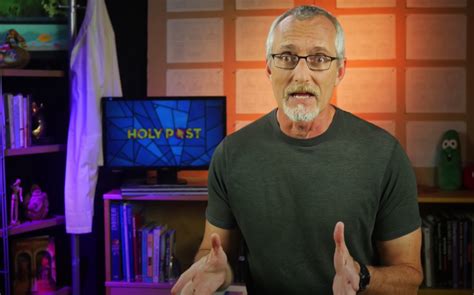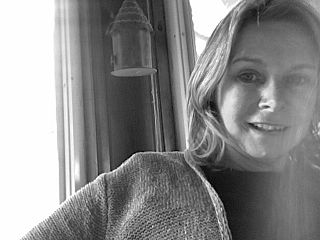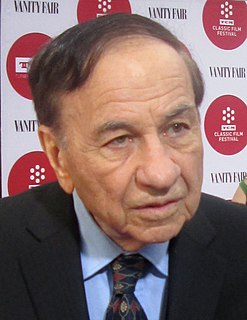A Quote by Sarah Dessen
But it was too early to know: there were always more pages to go, more words to be written, before the story was over.
Related Quotes
If you can stand to wait 24 hours before you decide the fate of what you have written - either good or bad - you're more likely to see that invisible thing that is invisible for the first few days in any new writing. We just can't know what all is in a sentence until there are several sentences to follow it. Pages of writing need more pages in order to be known, chapters need more chapters.
Twenty-two pages is not a lot of space. Believe me. Having written a bazillion comics, I still find myself more often than nine pages into a script and realizing to my horror that I'm only about a quarter of the way through the story I wanted to tell, and the next thing you know, I'm making fresh coffee and tearing up the floorboards to rewrite.
We learn that many great thinkers were convinced that the Bible contained the Ancient Mysteries, but not in the literal words—that the words on the pages were codes, and that the Bible is comprised of heavy-handed and useless story covering up something much more important and interesting. I get the feeling that [Dan Brown] is trying to tell me something, but I am not biting, reader.
Telling the complete story of VeggieTales would require much more time than we have before us tonight. Since this is Yale, I decided to craft a shorter version of the story, using very large words. Remembering though that I was kicked out of Bible College before I'd had a chance to learn many very large words, I concluded that my only remaining option was to tell the story simply, using simple words, and chance the consequences.
Do I dazzle you?" I voiced my curiosity impulsively, and then the words were out, and it was too late to recall them. But before I had time to too deeply regret speaking the words aloud, she answered "Frequently." And her cheeks took on a faint pink glow. I dazzled her. My silent heart swelled with a hope more intense than I could ever remember having felt before.
Living "in" a story, being part of a narrative, is much more satisfying than living without one. I don't always know what narrative it is, because I'm living my life and not always reflecting on it, but as I edit these pages I am aware that I have an urge to see my sometimes random wandering as having a plot, a purpose guided by some underlying story.
When King Lear dies in act five, do you know what Shakespeare has written? He has written, 'He dies.' No more. No fanfare, no metaphor, no brilliant final words. The culmination of the most influential piece of dramatic literature is, 'He dies.' Now I am not asking you to be happy at my leaving but all I ask you to do is to turn the page and let the next story begin. -- Mr. Magorium
You're able to use a search engine, like Google or Bing or whatever. But those engines don't understand anything about pages that they give you; they essentially index the pages based on the words that you're searching, and then they intersect that with the words in your query, and they use some tricks to figure out which pages are more important than others. But they don't understand anything.
Though I leave the house as little as possible, I have the impression that someone is disturbing my papers. More than once I have discovered that some pages were missing from my manuscripts. A few days afterward I would find the pages in their place again. But often I no longer recognize my manuscripts, as if I had forgotten what I had written, or as if overnight I were so changed that no longer recognized myself in the self of yesterday.
Early American music and early folk music, before the record became popular and before there were pop stars and before there were venues made to present music where people bought tickets, people played music in the community, and it was much more part of a fabric of everyday life. I call that music 'root music.'






































